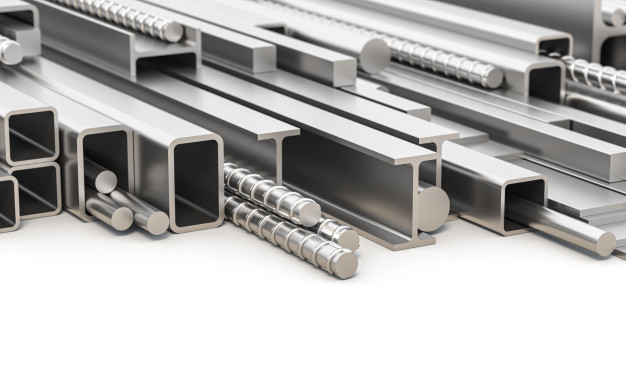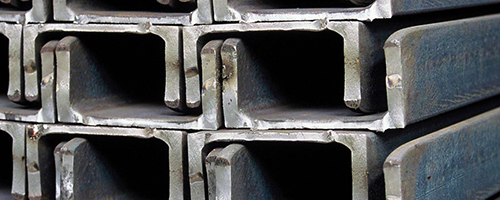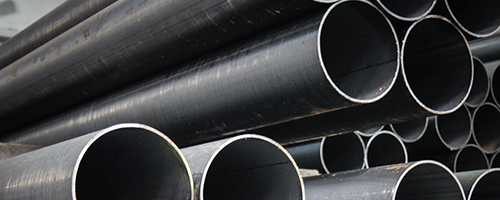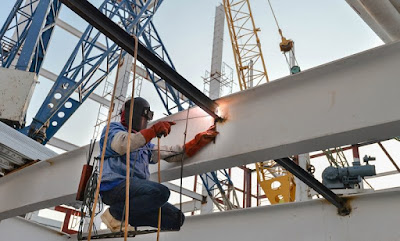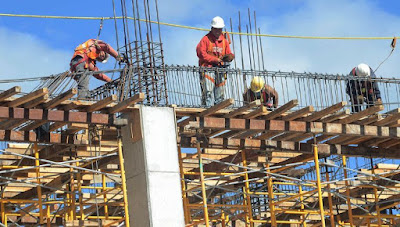Steel sections are the most essential things for steel fabrication. Manufacturers, designers, and engineers pick various sections for their aesthetics and structural factors - their choices based on size, weight, and summary. Steel is very functional and can be molded into a lot of different designs.
This implies fabricators such as Steel Fabrication Services can design steel into almost any size or shape, however, this possesses a quality. Alternatively, there are lots of common steel sections that you will see utilized during steel fabrication and would have to find in structures daily.
From round hollow sections to flat bars, here’s a look at the most popular steel sections as well as their typical uses.
Angled Sections
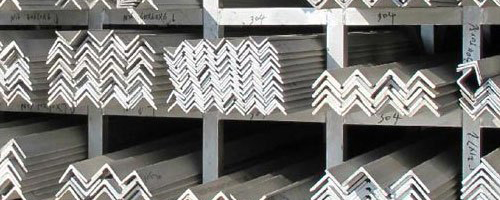
Angled structural steel sections may either be the same or irregular. Both are right-angled, however, irregular sections have different sized axis’ which makes them L-shaped. This type of section is significantly stronger (up to 20%) with greater strength to weight rates. Angled sections are utilized in home construction, infrastructure, mining, and transport. These come in a large range of lengths and sizes.
Parallel Flange Channels
These types of channeled beams are U-shaped having right-angled corners - similar to a stick of staples. They are available in a variety of sizes, nevertheless, the two sides are usually the same size and are parallel together. They also provide high strength to weight rate and also have the same uses to angled sections.Tapered Flange Beams
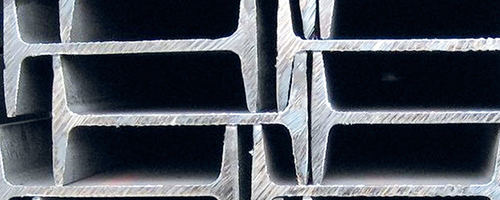
Taper flange beams are usually I-shaped sections and they are found in a wide range of sizes. In construction, these are generally utilized for cross-sections of girders. However they have very high resistance rates, they are not typically suggested when pressure exists along their length because they are not torsion (twisting) resistant.
Circular Hollow Sections
Circular Hollow Sections include hollow tubular cross sections and have a much higher ability to resist torsion which tapered flange beams. The thickness of the walls is standard around the whole circle that makes these beams perfect for use with multi-axis loading uses.Rectangular Hollow Sections
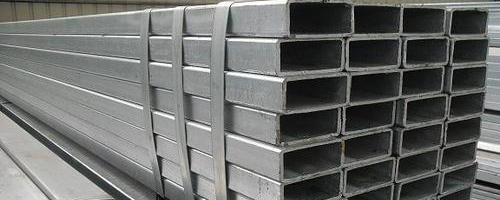
Just like circular hollow sections nonetheless, they have rectangular cross-sections. They are extremely common in several mechanical and structural uses. Their flat surfaces get them to be perfect for use in joining and fabrication.
Square Hollow Sections
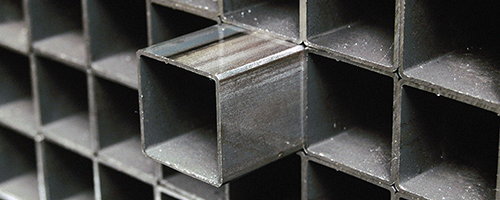
Similar to their hollow section however with square cross-sections, these are utilized in smaller uses like columns or posts. But they are not fit for beams because their shapes are hard to bolt into some other shapes. Also, they are referred to as ‘box sections’.
Flat Sections
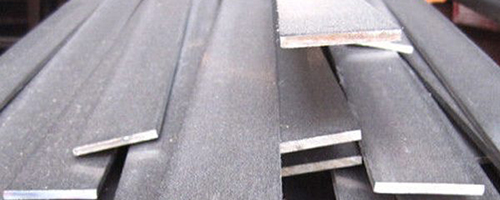
One of the most flexible steel sections because they require to be joined to another section. Sometimes they can be linked to another section being a strengthening application. Also, they are usually referred to a ‘plates’.
Other kinds of Steel Sections
Checker Plate
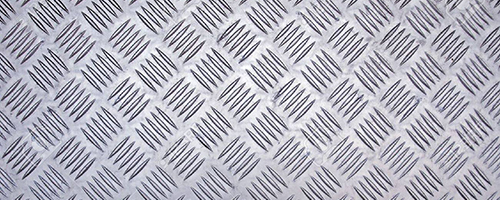
Steel checker plate also referred to as floor plate, are flat plates of steel with selections of square indents for gripping and aesthetic applications. Because their name suggests, they are utilized in flooring. Thickness differs from 3mm to 12mm.
The checker plate is also quite malleable and could be bent or rolled to match a variety of requirements. You might have seen it useful for items like toolboxes and storage boxes.
Steel Plate
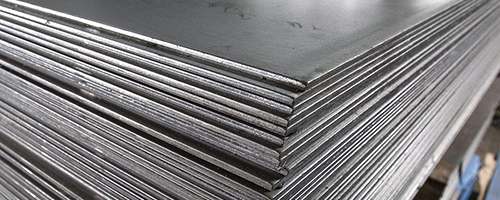
Steel plate is available in a massive variety of styles, surface finishes, grades, thicknesses and can be cut to a lot of various sizes, used for a variety of uses.
View more here: Promec Engineering Pty Ltd
